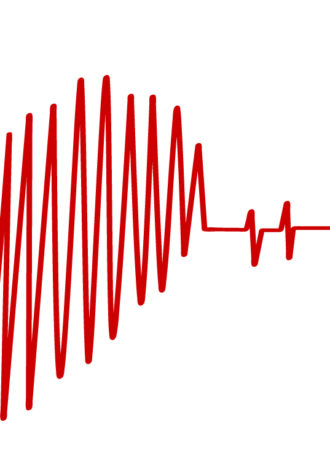First and foremost, if you believe you are experiencing a heart attack or cardiac arrest symptoms, call 911.
Once you have received medical attention, it’s important to maintain the right after-care. The American Heart Association has worked directly with health care providers across the nation to ensure that patients get proven, quality treatment. There are a number of facilities recognized by the association for consistently following scientific treatment guidelines for heart disease and stroke treatment. Find an AHA-accredited hospital near you.
Beta-blockers: A class of drugs that treats high blood pressure by reducing the heart rate and the workload of the heart. Antithrombotics (anti-platelet/anti-coagulant medicines): This type of medication is used to prevent blood clots from forming in your arteries. Patients who have had cardiac procedures such as angioplasty and stenting to open up their arteries need these drugs to help keep the arteries open.
ACE inhibitors: These medications treat high blood pressure and heart failure by interfering with the body’s production of angiotensin, a chemical in the body that causes the arteries to constrict. Patients who can’t take ACE inhibitors may be able to use angiotensin receptor blockers (ARBs).
Statins: A group of medicines that helps the body process and remove bad cholesterol. This not only lowers cholesterol but also protects the inner lining of the arteries.
In addition to whatever medication your doctor might prescribe, depending on your exact condition, lifestyle changes may need to be made to treat heart disease. In fact, the same lifestyle strategies that are used to prevent heart disease help to treat it. Regular exercise and a healthy, balanced diet low in sodium, low in sugar, and limited in high carbohydrates is key for recovery.
Surviving a heart attack or cardiac arrest can be traumatic; don’t be afraid to ask for support if needed. Seek out other heart disease survivors or counseling to help you cope with the emotional repercussions of living with the disease, which can include depression, fear, and stress.
For more detailed information on how cardiovascular disease affects women, as well as additional resources for treatment, support groups, and ways to get involved, visit Go Red for Women.



 2 min read
2 min read



